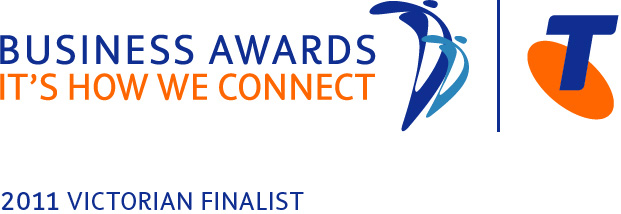One creative way to get some stars under your business’ belt is to enter an awards program.
Immersing yourself in the process of a business awards program, is like hitting two birds with one stone. First, you get to rediscover yourself and what makes you tick as a business owner. Second, you also let everyone – particularly the panel, sponsors, potential clients, and the entire industry that you’re there, and you’ve got the credentials to compete!
Here’s how participation in an awards program can benefit you.
The Application Process
Getting involved in the application process can make you stop and think as to your and your business’ mission. Being immersed in the application process allows you to do a little bit of soul-searching as to why you’re doing what you’re doing. It also allows you to have a look-back on your milestones and achievements.
Justifying your Results
Making your business accomplishments known, and explaining how you’ve made them possible can be a real uplifting experience. Doing this not only pushes your ability to communicate well as a business owner to the limit, but it also allows you to clearly communicate your business directions to a professional and scrutinizing audience. The experience of justifying business results in front of a panel makes you realize a lot of things about yourself and your business’ achievements. This experience of being put on the spot is invaluable when it comes to interactions with your business’ stakeholders.
Presenting the Financials
Closely studying and scrutinizing your financials can give you a deeper understanding of your performance coming from a monetary perspective. This experience is invaluable in crafting your business plan if you ever plan to go to a financial institution or in getting potential business investors.
Speaking in Front or Experts
Speaking in front of a crowd of business experts, professionals, and a panel of judges can be quite an exhilarating experience. It is the time when you either stand up and be heard or forever shut up. Being in a situation where you know that every aspect of your business is scrutinized can nothing but only build up your confidence and character. It can be an interview wherein every answer feels like your life depended on it – a mind-blowing experience indeed!
Even if you just try filing your application, or even if you don’t “win,” just going through the application process can be a life-changing experience. Applying for a business awards program and having your application accepted can make you feel like as if you’ve already won the competition. Going through the different stages of selection, is already a bonus. Winning the award is just the cherry on top.









